The Role of Garbage Pickup in Waste Management and Recycling
The Role of Garbage Pickup in Waste Management and Recycling
Introduction
In our fast-paced world, where convenience often trumps sustainability, the humble garbage pickup service plays a crucial role in managing waste and recycling. This service is a critical cog in the machinery that keeps our communities clean, reduces pollution, and promotes recycling. But what exactly does garbage pickup entail, and why is it so important?
Garbage pickup involves the collection and transport of waste from homes, businesses, and other establishments to designated disposal sites. This service is essential for maintaining public health, protecting the environment, and facilitating recycling efforts. In this blog post, we will explore the role of garbage pickup in waste management and recycling. We’ll uncover its benefits, challenges, and the innovative solutions that are transforming the industry.
By understanding the significance of garbage pickup, eco-conscious consumers and the general public can better appreciate its impact on the environment and our communities. Let’s dig deeper into the world of waste management and discover how garbage pickup is paving the way for a more sustainable future.
The Benefits of Garbage Pickup in Waste Management
Reduction of Environmental Pollution
Garbage pickup is a frontline defense against environmental pollution. Regularly collecting waste from our streets and neighborhoods, prevents trash from accumulating in public areas and entering natural habitats. This reduces the risk of harmful chemicals leaching into soil and water bodies, protecting ecosystems and wildlife.
When waste is left unmanaged, it can release pollutants into the air, water, and soil. These pollutants can harm plants, animals, and even humans. Regular garbage pickup mitigates these risks by ensuring waste is disposed of properly and promptly, helping maintain cleaner and healthier environments.
Furthermore, garbage pickup reduces the prevalence of littering. When people know they have a reliable means of waste disposal, they’re less likely to resort to improper disposal methods. This not only beautifies our communities but also reduces the burden on municipal cleaning services.
Prevention of Health Hazards
Garbage pickup is also crucial for preventing health hazards associated with waste accumulation. Piles of uncollected trash can become breeding grounds for pests like rats, flies, and mosquitoes, which can carry diseases and pose significant health risks to humans.
By regularly removing waste, garbage pickup services reduce the likelihood of these pest infestations. This helps protect public health by limiting the spread of diseases and reducing the risk of infections that can arise from contact with contaminated waste materials.
Additionally, proper garbage pickup and disposal prevent the release of foul odors and toxic gases that can cause respiratory problems. By keeping waste out of residential areas, these services contribute to a cleaner and healthier living environment.
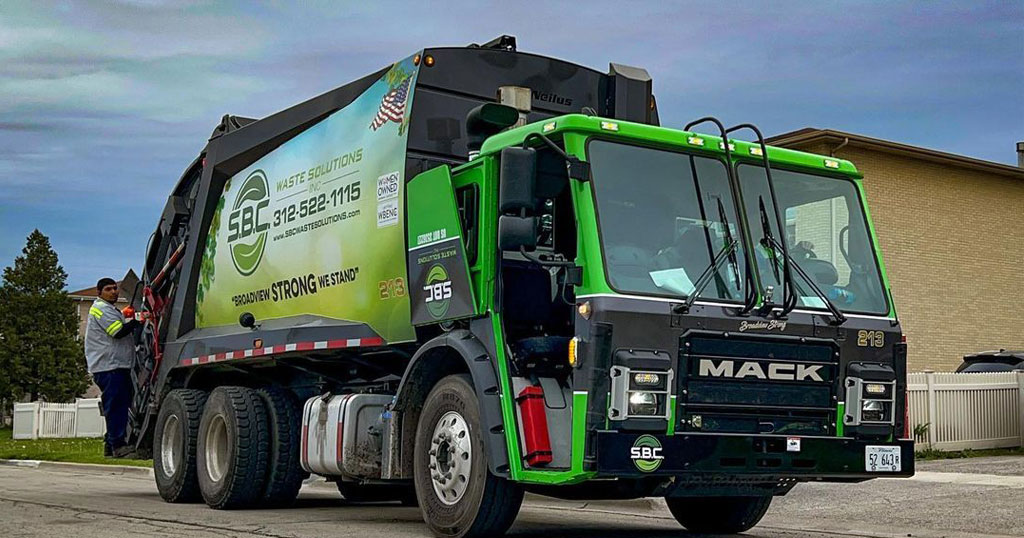
Garbage Pickup Service
Promotion of Proper Waste Disposal Practices
Garbage pickup services play an educational role by promoting proper waste disposal practices. By providing clear guidelines on waste separation and disposal, these services encourage residents to dispose of their waste responsibly.
Through educational campaigns and community outreach, garbage pickup services raise awareness about the importance of waste management and the benefits of recycling. This helps instill a sense of environmental responsibility in individuals, fostering a culture of sustainability.
When residents are informed about proper waste disposal, they are more likely to comply with regulations and support initiatives aimed at reducing waste and increasing recycling rates. Ultimately, this contributes to a more sustainable waste management system.
The Role of Garbage Pickup in Recycling
Separation of Recyclable Materials
Garbage pickup is integral to the recycling process, as it facilitates the separation of recyclable materials from general waste. Many services encourage residents to sort their waste by providing separate bins for recyclables, such as paper, plastic, glass, and metal.
By separating these materials at the source, garbage pickup services streamline the recycling process, making it more efficient and cost-effective. This ensures that valuable resources are not lost to landfills, but are instead reprocessed and reused.
This separation process also helps reduce contamination in recycling streams. Contaminated recyclables can be difficult to process, often ending up in landfills despite their potential value. By promoting proper sorting practices, garbage pickup services maximize the effectiveness of recycling efforts.
Collection and Transportation to Recycling Facilities
Once recyclable materials are separated, garbage pickup services collect and transport them to recycling facilities. These facilities are equipped to process different types of recyclables, turning them into raw materials for manufacturing new products.
The efficient transportation of recyclables is a critical component of the recycling process. By coordinating collection schedules and optimizing routes, garbage pickup services minimize fuel consumption and emissions, further reducing their environmental impact.
Additionally, these services collaborate with recycling facilities to ensure that materials are handled safely and responsibly. This partnership is essential for maintaining the integrity of the recycling process and maximizing the recovery of valuable resources.
Challenges Faced in Garbage Pickup
Lack of Proper Infrastructure
Despite its importance, garbage pickup faces several challenges, one of which is the lack of proper infrastructure. Many areas, particularly in developing regions, lack the necessary facilities and equipment to manage waste effectively.
Without adequate infrastructure, garbage pickup services struggle to meet the needs of growing populations. This can lead to delays in waste collection, increased littering, and a greater reliance on informal waste disposal methods.
To address this issue, governments and municipalities must invest in waste management infrastructure. This includes developing modern waste treatment facilities, expanding collection networks, and providing the necessary equipment to support efficient garbage pickup services.
Inadequate Funding
Funding is another significant challenge for garbage pickup services. Insufficient financial resources can hinder their ability to maintain operations, upgrade equipment, and implement new technologies.
Without adequate funding, garbage pickup services may struggle to provide consistent and reliable waste collection. This can lead to increased waste accumulation, environmental pollution, and health hazards.
To overcome this challenge, municipalities and governments must prioritize waste management in their budgets. Additionally, exploring alternative funding sources, such as public-private partnerships, can help alleviate financial constraints and support the sustainable growth of garbage pickup services.
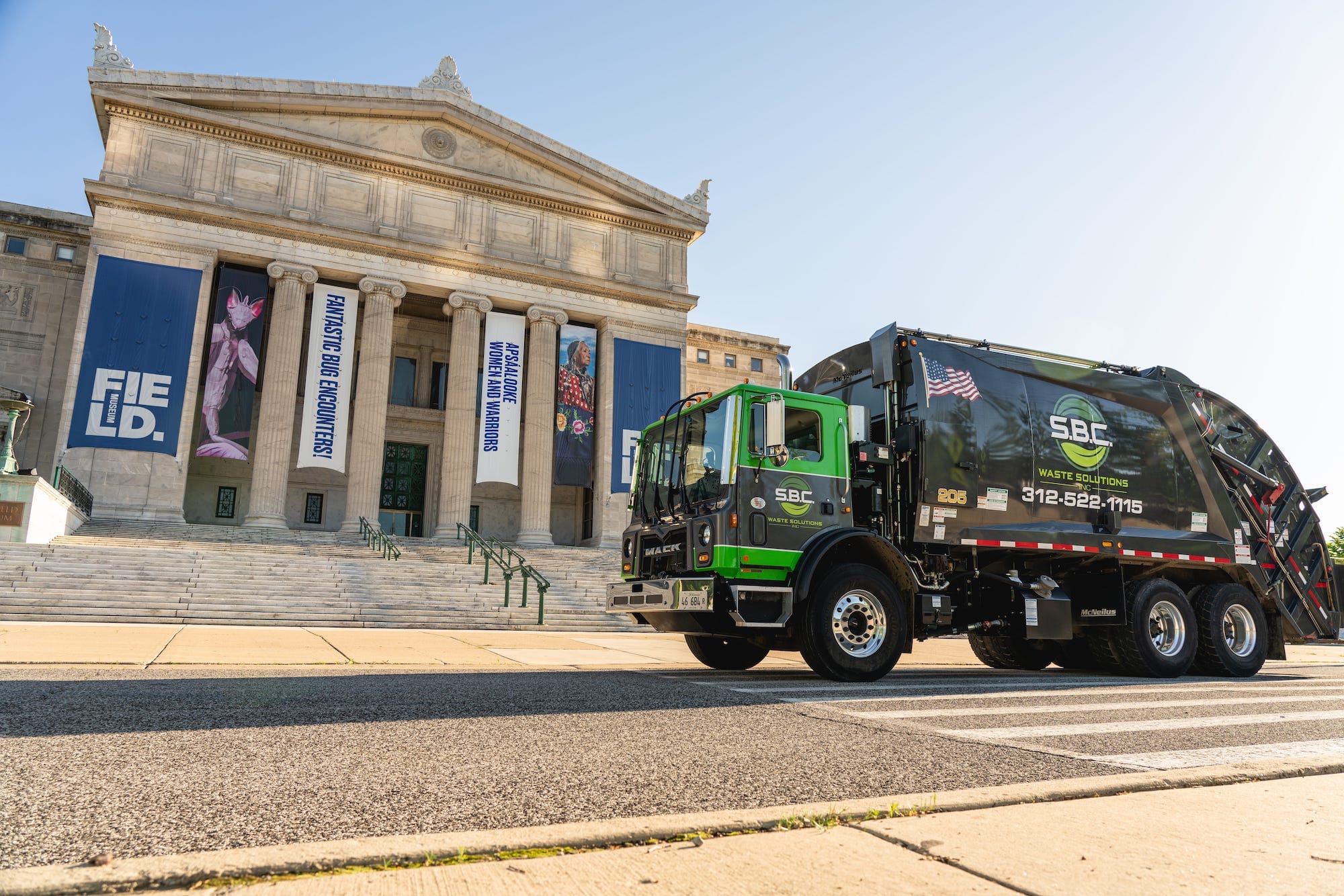
Waste Management Service
Resistance to Change
Resistance to change is a common hurdle in the waste management sector. Implementing new technologies and practices can be met with skepticism from both service providers and residents.
For example, transitioning to automated waste collection systems or implementing pay-as-you-throw pricing models may face opposition due to concerns about cost, accessibility, and privacy.
To address these concerns, garbage pickup services must engage with communities, educate stakeholders, and communicate the benefits of proposed changes. By fostering trust and collaboration, these services can gain the support needed to drive innovation and improve waste management practices.
Innovations in Garbage Pickup
- In today’s rapidly evolving world, the need for efficient and environmentally friendly waste management solutions has never been more critical. With urban areas expanding and waste production on the rise, traditional methods of garbage pickup are being re-examined and transformed. Companies like SBC Waste Solutions are at the forefront of this revolution, introducing innovative strategies and technologies that promise to reshape how we handle waste.
- The Rise of Smart Waste Management: One of the most significant advancements in garbage pickup is the integration of smart technology. By employing IoT (Internet of Things) devices, companies can now monitor waste levels in real-time. This data-driven approach allows for more efficient route planning and timely pickups, reducing unnecessary trips and minimizing fuel consumption. SBC Waste Solutions has implemented such systems, ensuring that waste collection is both cost-effective and environmentally conscious.
- Automation and Robotics: Automation plays a pivotal role in modern waste management. The use of robotic arms and automated sorting systems in waste facilities enhances the speed and accuracy of separating recyclables from non-recyclables. This not only streamlines the recycling process but also increases the overall recycling rates. SBC Waste Solutions is pioneering the use of these technologies, setting new standards for efficiency in the industry.
- Sustainable Practices: Beyond technological innovations, there is a growing emphasis on sustainability in waste management. Companies are developing eco-friendly methods, such as electric-powered garbage trucks and biodegradable waste bags, to reduce their carbon footprint. SBC Waste Solutions is committed to sustainability, actively incorporating green practices into their operations and encouraging communities to adopt more environmentally responsible waste disposal habits.
- Community Engagement and Education: Effective waste management is a collective effort that requires community involvement. SBC Waste Solutions recognizes this and is actively engaging with local communities to promote awareness and education around waste reduction and recycling. Through workshops, educational campaigns, and partnerships with local organizations, they aim to foster a culture of sustainability and responsibility.
Conclusion
Garbage pickup plays a vital role in waste management and waste recycling, contributing to cleaner environments, healthier communities, and a more sustainable future. Despite the challenges it faces, innovative solutions and community collaboration are paving the way for improved waste management practices.
By understanding the significance of garbage pickup, eco-conscious consumers and the general public can appreciate the impact of these services on our lives and the planet. Whether through supporting new technologies, participating in community initiatives, or adopting sustainable practices, everyone can play a part in transforming trash into treasure.
For those interested in learning more about waste management and recycling, consider exploring resources from experts like SBC Waste Solution, who are leading the way in sustainable waste management. Together, we can create a cleaner, greener world for future generations.
https://www.google.com/maps?cid=4180240075447051620

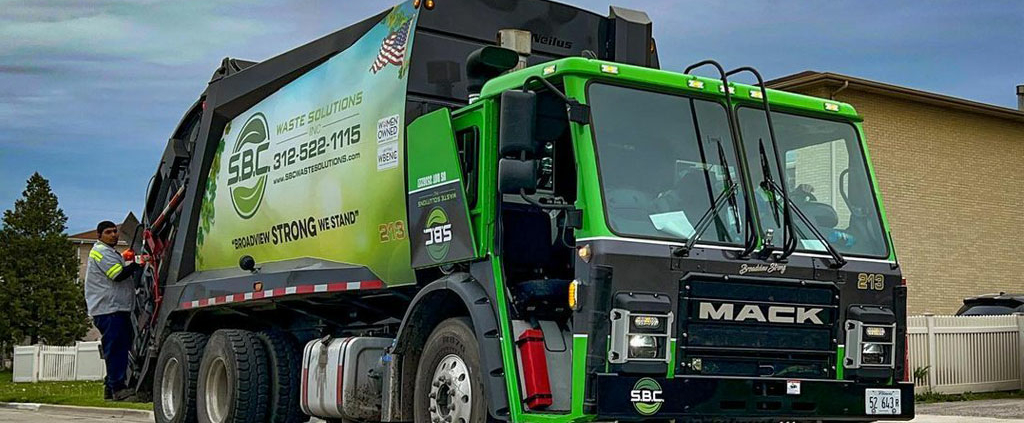
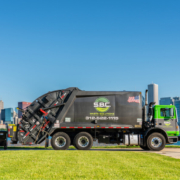
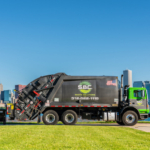
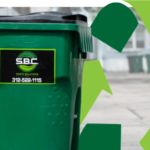
Leave a Reply
Want to join the discussion?Feel free to contribute!